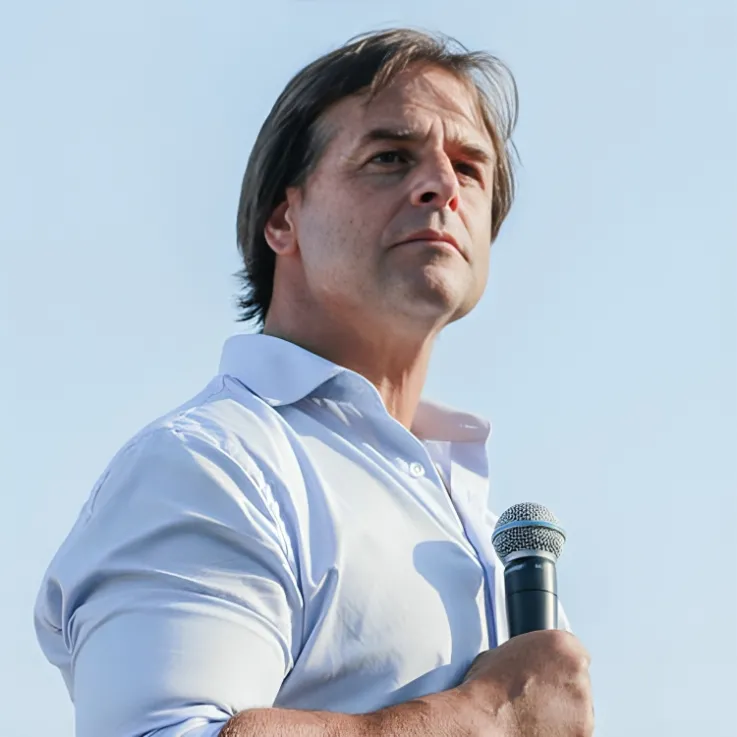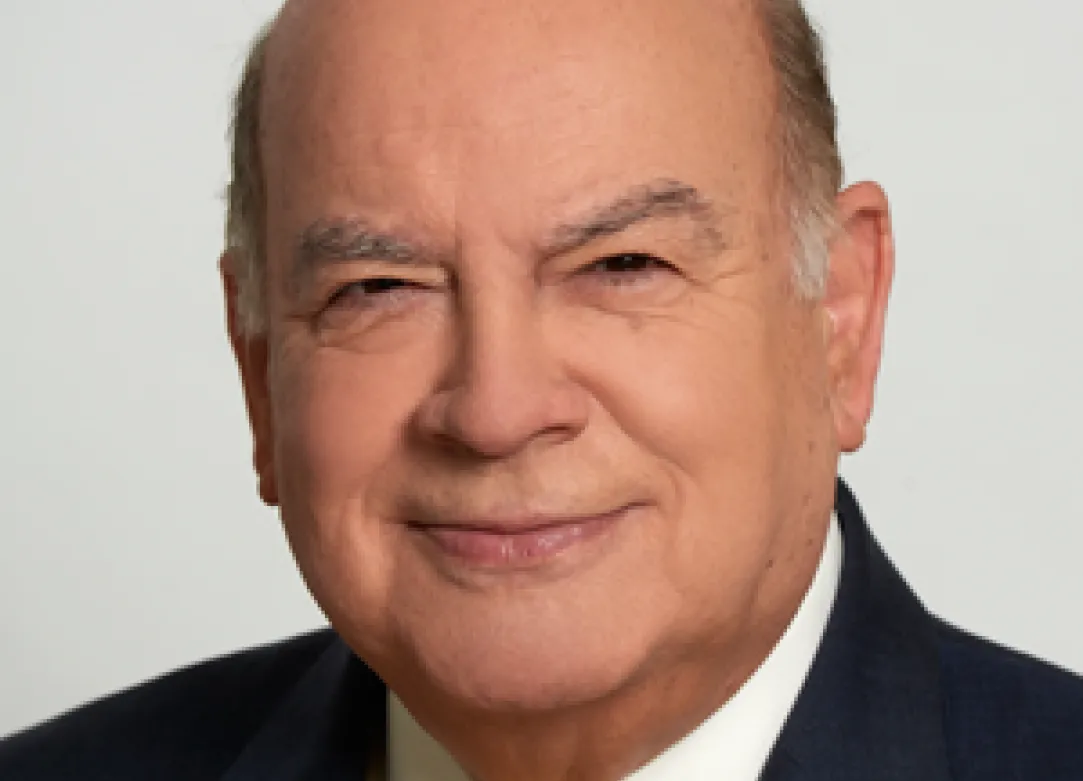Luis Lacalle Pou is a Uruguayan politician and lawyer who served as President of Uruguay from 2020 to 2025. His leadership marked the end of 15 years of left-wing governments in the country and was characterized by a liberal approach, structural reforms, and a notable management of the pandemic.
His political career began in 1999 when he was elected as a deputy for the National Party. He was re-elected for three consecutive terms (2000-2015) and presided over the House of Representatives between 2011 and 2012. He later served as a senator (2015-2019). In 2014, he ran for the presidency but lost in the second round to Tabaré Vázquez. However, in 2019, he won the election against Daniel Martínez (Broad Front), consolidating an unprecedented multi-party alliance in the country’s history: the Republican Coalition.
Presidency and Legacy
As president, Lacalle Pou led an ambitious reform agenda, including:
- COVID-19 Management: Implemented the "responsible freedom" strategy, avoiding mandatory lockdowns and positioning Uruguay as one of the best-managed countries during the pandemic.
- Urgent Consideration Law (LUC): Introduced a broad reform covering key areas such as public security, economic deregulation, education, and housing.
- Pension System Reform: Led one of the most significant transformations in social security, despite opposition from labor unions and left-wing sectors.
- Education Reform: Promoted structural changes aimed at improving the quality and equity of the education system.
- Foreign Policy: Took a firm stance against authoritarian regimes in Latin America, condemning the dictatorships in Venezuela, Nicaragua, and Cuba while advocating for democratic restoration in these countries in international forums.
Career and Personal Life
Coming from a family with a deep political tradition, he is the son of former President Luis Alberto Lacalle Herrera (1990-1995) and former Senator Julia Pou. His great-grandfather, Luis Alberto de Herrera, was one of the most influential figures in the history of the National Party and Uruguay.
Born in Montevideo, he grew up in the Pocitos neighborhood, studied at The British Schools, and graduated as a lawyer from the Catholic University of Uruguay in 1998, although he never practiced law. Passionate about sports, he has been involved in surfing and rugby since his youth and remains active in both.
In 2020, he took office as President at the age of 46, becoming the youngest head of state in Uruguay since the return to democracy in 1985. His term ended on March 1, 2025, leaving a significant mark on Uruguayan and Latin American politics.




